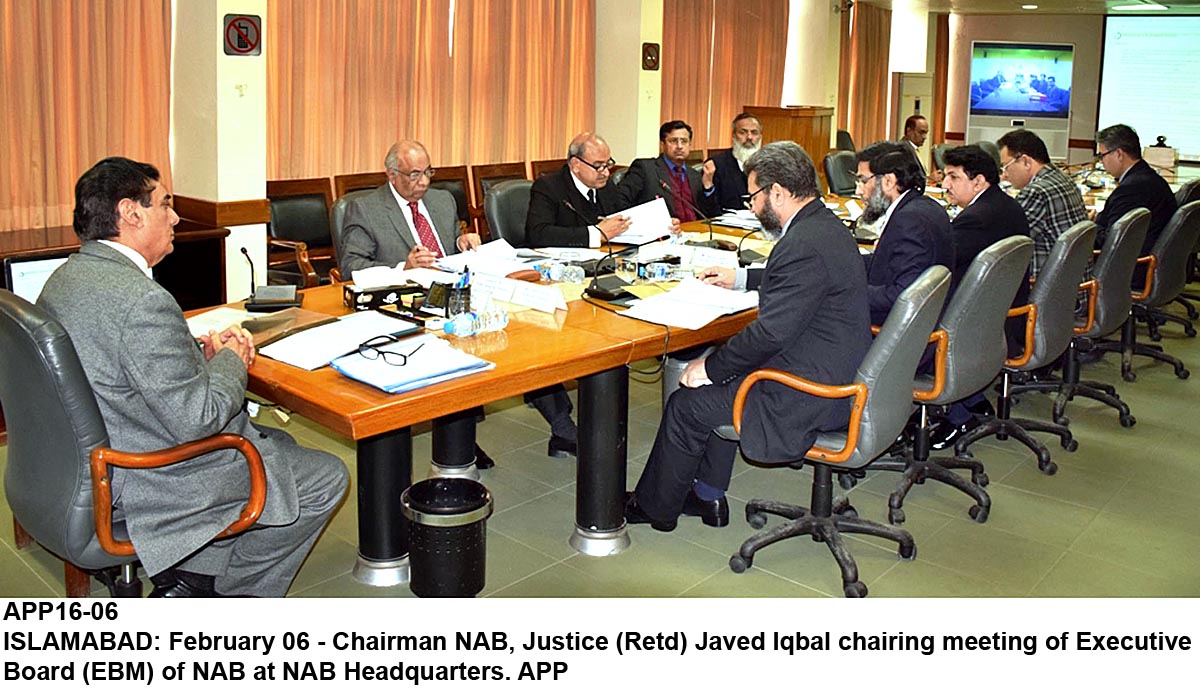DUSHANBE: The leaders of Pakistan, Tajikistan, Afghanistan and Kyrgyzstan on Thursday jointly launched the Central Asia South Asia (CASA-1000) electricity project, terming it a ‘win-win and mutually rewarding’ project for all stakeholder states and beneficial for the prosperity of their peoples.
Prime Minister Nawaz Sharif, Tajikistan’s President Emomali Rahmon, Afghanistan’s Chief Executive Abdullah Abdullah and Kyrgyzstan’s Prime Minister Jeenbekov Sooranbai performed the formal launch by tightening bolts of the grand power transmission tower installed at the Tursunzade city, some 47 kilometres from capital Dushanbe.
Under CASA-1000, Pakistan will be able to obtain 1,000 MW of electricity, generated by Tajikistan and Kyrgyzstan via Afghanistan, which will also get 300 MW of the total 1,300 MW.
The transmission line originates from Kyrgyzstan with substation at Datka to Tajikistan’s four substations including Sughda, Dushanbe, Regar and Sangtuda and then pass through Afghanistan to Pakistan with a converter station at Nowshera.
The four leaders in their speeches at the event agreed on early materialisation of the project on priority, which they saidwas an important milestone of regional integration between Central Asia and South Asia. Prime Minister Nawaz Sharif expressed satisfaction on entering the implementation phase of the CASA-1000 after several years of its conception and said the project demonstrated landmark cooperation among Pakistan, Tajikistan, Kyrgyzstan and Afghanistan.
He termed it an important step towards realization ofthe planned Central Asia South Asia Regional Electricity Market (CASAREM).
Tajik President Emomali Rahmon welcomed the leaders from Pakistan, Afghanistan and Kyrgyzstan and expressed the confidence that the broad energy cooperation would not only address thesocial, economic and environmental challenges but also improve people’s living standard. Afghanistan’s Abdullah Abdullah said Afghanistan wouldbe happy to play the role of a bridge in materialising this project. Kyrgyz prime minister said the project was significant as a source of affordable and clean energy and hoped that it would result in economic development of the region.













